After 25 Years, Pakistan Army Admits Role In 1999 Kargil War Against India
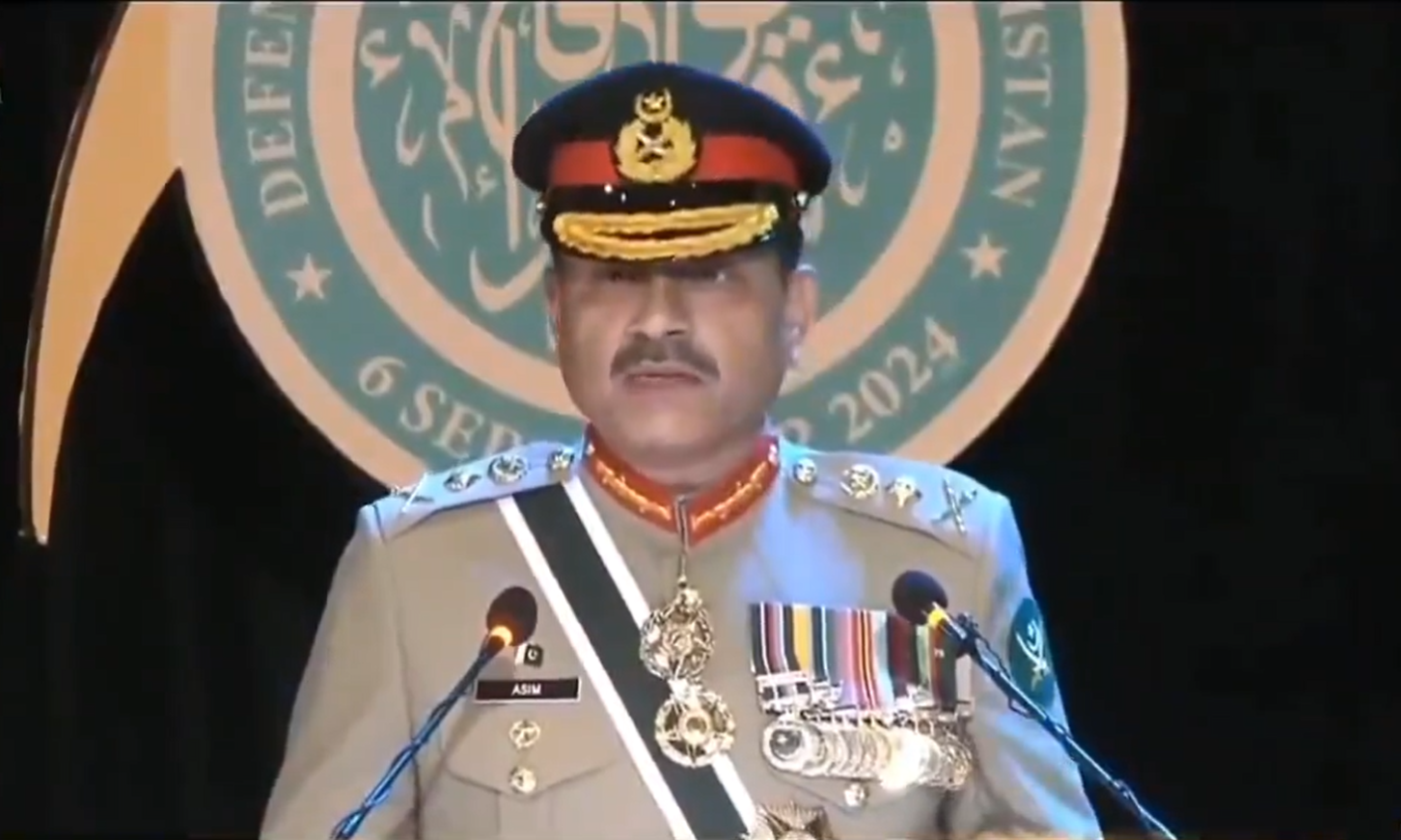
- The remote and treacherous terrain of this region, separated by towering mountains with harsh weather conditions, was invaded by Pakistan through the Line of Control.
- The Ladakh and Kargil sectors have consistently faced challenging times, being the site of significant conflicts during every war that India has engaged in.
A quarter of a century has passed since the Kargil War, and finally, the Pakistan Army has acknowledged its participation in the fierce conflict with India. During a recent speech commemorating Defence Day, General Asim Munir, Pakistan Army Chief, stated that in 1948, 1965, 1971, and the 1999 Kargil war, numerous soldiers made the ultimate sacrifice for their nation and religion.
The 1999 Kargil conflict nearly sparked a nuclear disaster between India and Pakistan. According to Pakistan, the US intervention quelled the heated tensions and they subsequently withdrew. However, India maintains that they emerged triumphant in the mountain warfare.
During his address, General Munir emphasized the army’s crucial role in safeguarding the nation with the backing of the Pakistani people. He also addressed several past conflicts with India, including the Kargil war.
First time ever #PakistaniArmy accepts involvement in #KargilWar. Pakistan Army Chief General #AsimMunir confirms Pakistan Army’s involvement in #KargilWar. Pakistan Army Chief General Asim Munir in a defence day speech on Friday said, “1948, 1965, 1971 or Kargil war between… pic.twitter.com/Um83MwSrwM
— Upendrra Rai (@UpendrraRai) September 7, 2024
Munir noted that the Pakistani people are known for their bravery and determination, as they truly comprehend the value of independence and are willing to defend it at all costs. Throughout historical events such as the Pak-India battles of 1948, 1965, 1971, as well as conflicts in Kargil and Siachen, countless martyrs have made great sacrifices in order to safeguard the nation’s security and uphold its dignity.
Initially, Pakistan had taken a stance of separation from the conflict, claiming that only non-state “freedom fighters” were involved. However, as the intensity of the fighting increased, it became clear that both nations’ militaries were engaged in direct combat.
BREAKING NEWS
• After 25 years, the Pakistan Army has admitted it was directly involved in the Kargil War.
• This is the first time they’ve done so, as they previously said it was just “Mujahideen” fighters. Pakistan had also refused to accept the bodies of its officers who… https://t.co/BFNQIW8HAV pic.twitter.com/CDjZDvAW8L
— Bharat Spectrum (@BharatSpectrum) September 7, 2024
The 2006 book ‘In The Line Of Fire’, authored by former army chief Pervez Musharraf, who served during the Kargil war, openly acknowledged the role of the Pakistan Army.
The Kargil theatre of war saw the involvement of Musharraf’s troops from the Northern Light Infantry.
Captain Karnal Sher Khan of 27th Battalion, Sind Regiment and Havaldar Lalak Jan of Northern Light Infantry were both honored with Pakistan’s most prestigious bravery medal, Nishan-e-Haider, following the conclusion of the Kargil war.
The declaration is seen as a change in Pakistan’s position, straying from its usual storyline. The Pakistani Army has refrained from openly admitting their direct involvement in the Kargil conflict, instead attributing it to “mujahideen” or “freedom fighters” in their official version.
On the other hand, Nawaz Sharif, who served as the Prime Minister of Pakistan during the Kargil war, has openly denounced the military operation, which is commonly viewed as a significant mistake made by Pakistan’s armed forces.
Following his retirement, Lt Gen (retd) Shahid Aziz, a former officer in the Pakistani military, openly acknowledged the involvement of their troops in Kargil. This statement was made after he left the forces.
According to Aziz, the operation was a “four-man show,” kept confidential between General Pervez Musharraf and high-ranking officials. Later on, Sharif, who had signed the 1999 Lahore Declaration with former Prime Minister Atal Bihari Vajpayee, acknowledged that Pakistan had disregarded the agreement by its involvement in Kargil.
Since gaining independence, the Ladakh and Kargil sectors have consistently faced challenging times, being the site of significant conflicts during every war that India has engaged in. In 1999, the remote and treacherous terrain of this region, separated by towering mountains with harsh weather conditions, was invaded by Pakistan through the Line of Control.
On May 3, 1999, the locals alerted authorities to the presence of unknown individuals in Kargil Sector. Promptly, reconnaissance patrols were sent out to assess the situation. It soon became clear that Pakistan had launched a full-scale invasion and measures were taken to remove their troops from the Indian side of the LoC. To prevent further escalation, the Indian government forbade its armed forces from crossing the LoC.
On May 26, 1999, the Indian Army executed Operation Vijay, a combined effort involving infantry and artillery units, along with air support, to drive out regular Pakistani forces of the Northern Light Infantry who had seized control of high-altitude mountain peaks and ridgelines.

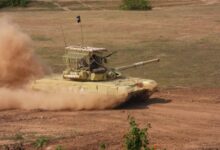
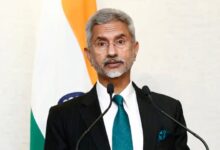
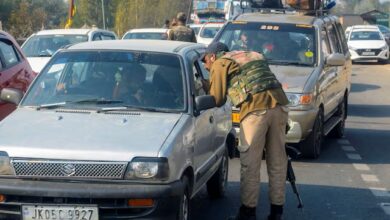
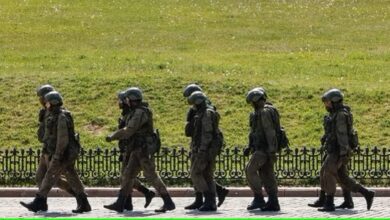

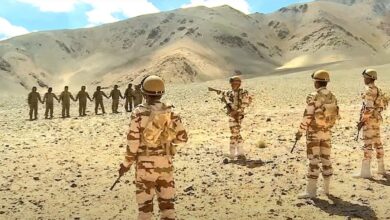
Facebook Comments